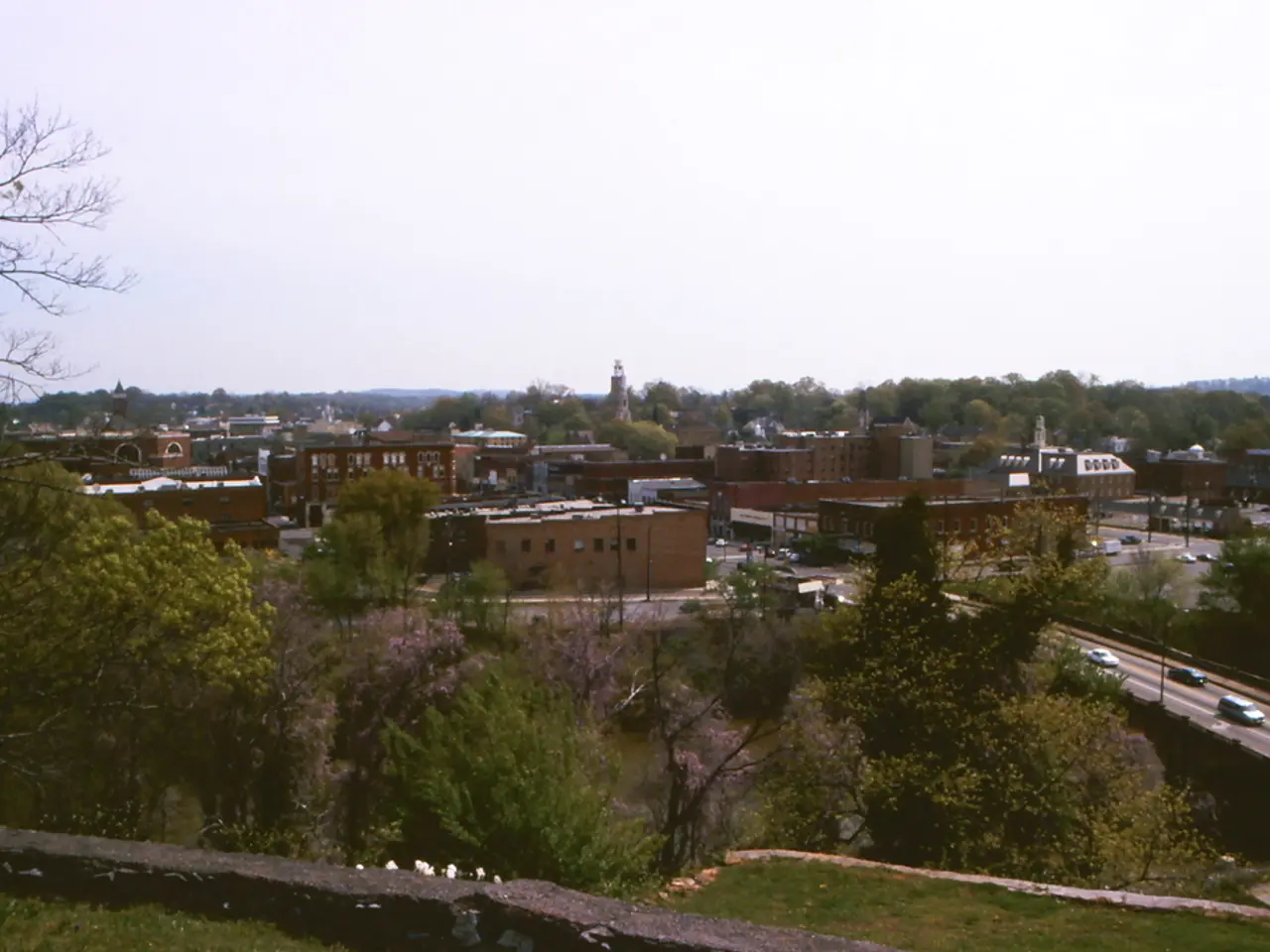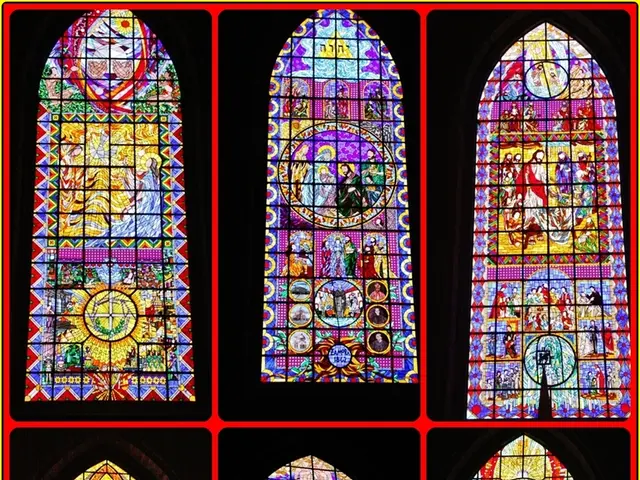The Cityscape and the East: In the Fear Zone of German Politics - Green Party's Banaszak Pinpoints AfD's Rise in Germany's 'Wild East'
Felix Banaszak, co-leader of the Green Party, has identified several factors contributing to the success of the far-right Alternative for Germany (AfD) in cities like Duisburg. He suggests that migration, deindustrialization, inherited poverty, and social exclusion are key drivers. Meanwhile, the AfD continues to gain votes in the 'wild East' of Germany, while the Green Party loses ground.
Banaszak launched an 'East Offensive' to win over voters in these regions. However, the AfD, led by Björn Höcke in Thuringia, has been exploiting fears of the 'other' and economic anxieties for a decade, with little competition from mainstream politics. Höcke recently declared that fear spaces are growing, especially for blonde women, in cities like Erfurt.
Banaszak believes that progressive forces must engage with people's fears emotionally and act accordingly to reach them. He criticizes Friedrich Merz's interpretation of the German term 'Stadtbild' and published a piece challenging Merz's views. In Duisburg, the AfD is the second-largest faction in the city council, led by Bodo Gilz. Banaszak suggests that progressive forces must address people's fears with wisdom and empathy, rather than dismissing or demonizing them. Martin Debes reports that 'fear spaces' exist in Germany, including fascists loitering at small-town train stations and criminal groups from migrant families.
Banaszak's analysis highlights the complex challenges facing progressive politics in Germany. As the AfD continues to gain traction, understanding and addressing the root causes of people's fears is crucial. The Green Party's 'East Offensive' and Banaszak's call for empathy and understanding are steps in the right direction, but much work remains to be done.







